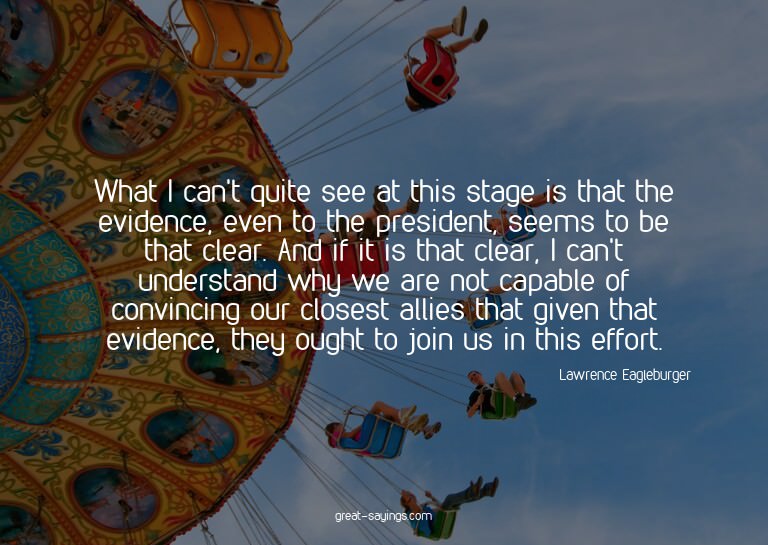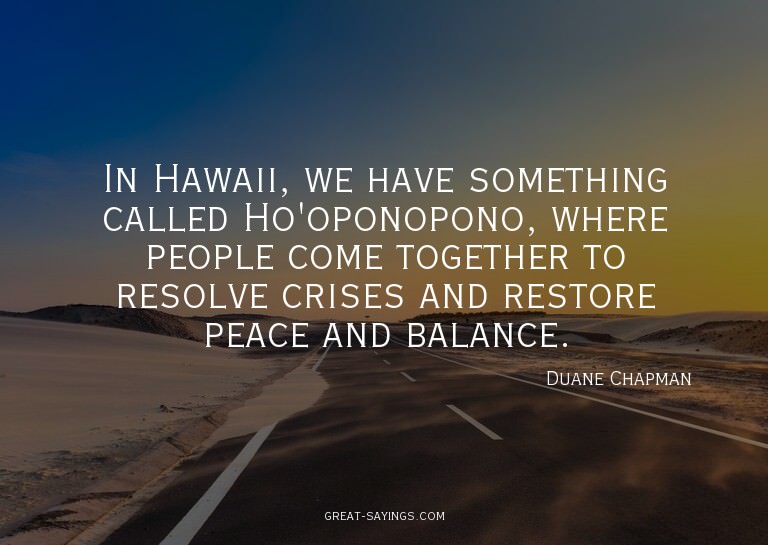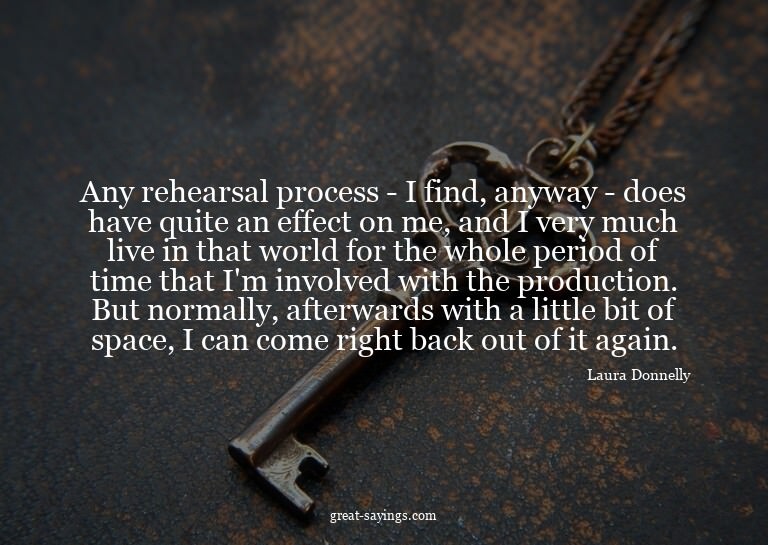Words matter. These are the best Lawrence Eagleburger Quotes, and they’re great for sharing with your friends.

What I can’t quite see at this stage is that the evidence, even to the president, seems to be that clear. And if it is that clear, I can’t understand why we are not capable of convincing our closest allies that given that evidence, they ought to join us in this effort.
The whole nuclear thing is a terrible mess and it’s hard for me to understand why it is that we, the United States, seem to be the only ones that are really particularly concerned about it and prepared to do something.
In the best of all worlds everyone in the Embassy is doing something to assist U.S. exports.
Some day, somebody is going to have to start talking about what happens to us all a decade from now if we let these North Koreans and the Iranians go forward with their nuclear weapons program.
Small- and medium-sized companies do not know what we have to offer and that needs to be changed. We must react just as strenuously on their behalf as we do for larger companies.
The question is not really about a shift to the economic cone where officers are writing about the balance of payments and the need for economic stabilization.
Any Ambassador or Foreign Service Officer who has his or her head screwed on right knows that the U.S. position in the world is far more dependent on our ability to compete in world markets.
We have to spend a lot more time training people to be good advocates of U.S. business.
The question really is how do we get Embassy Officers into the minds of the American business community. That is a much more difficult task than understanding a statistical matrix.
Now there is a cultural change under way in the Foreign Service.
There is a natural partnership between State and Commerce, and the American business community to work together to educate the United States about marketing overseas.
One nuclear war is going to be the last nuclear – the last war, frankly, if it really gets out of hand. And I just don’t think we ought to be prepared to accept that sort of thing.
And beyond that, the next issue is how do we guarantee one of these weapons, not necessarily this missile, but nuclear weapons ends up in the hands of Al Qaeda or some other terrorist group.
There are sometimes problems for which there is no immediate solution, and there are sometimes problems for which there is no solution.
In a time of constrained resources we will have to shift emphasis. but not necessarily from the traditional Political Officer to the traditional Economic Officer.
I think what he’s – what he believes, and he may be correct, I don’t know, that we have some intelligence information that leads us to know some things about what’s going on in Iraq that we haven’t revealed to others.
My point here is I think international pressures of our acting unilaterally again are going to be such that the administration will say, well, we just can’t take this on now.
My own view of this, by the way, is, if the war on terrorism is successful over time, in its own way it’s going to box Saddam in in a way that’s going to make it much more difficult for him to maintain his power, and that he’s going to become increasingly isolated. I think that’s going to take time.












